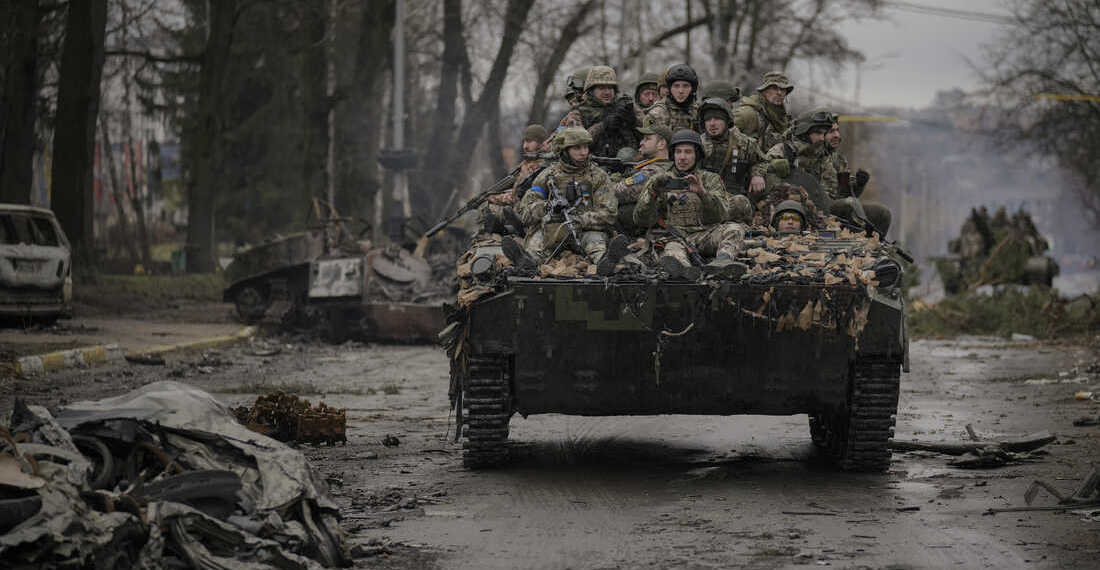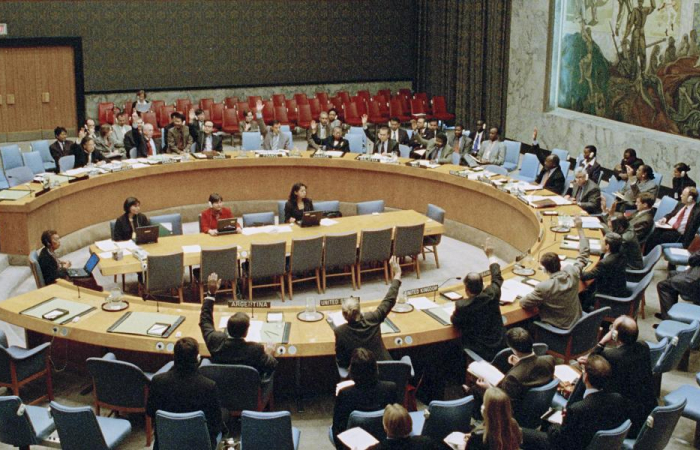The war in Ukraine, following Russia’s unprovoked invasion in February 2022, has now raged on for three and a half years. Thousands of Ukrainians, military and civilian, have died, and millions of Ukrainians have been displaced. Vladimir Putin brought this calamity on the Ukrainian people, and on his nation too, for political capriciousness and naked ambition. Leaders of European countries understood the seriousness and significance of the moment, not only those near Russia, such as Poland, the Baltic States, Finland and Sweden, but in wider Europe too, including Germany, France, the UK, the Netherlands and beyond. Yet whilst the leaders rose to the occasion, the European public has remained largely indifferent. The majority of Europeans have so far acquiesced to the decision of their leaders to pour billions of euros into the Ukrainian war effort, but the conflict remains distant, and most Europeans carry on with their lives as usual. Putin is perceived more as an oddity than a threat. There is a great risk in this. The European Union High Representative for Foreign and Security Policy, and former Estonian politician, Kaja Kallas, is quoted as saying “Ukraine fights today so that we may not have to fight tomorrow. Their fight is our fight.” True! But that is not the full story.
It would be wrong not to appreciate that European leaders, when faced with the fact of Putin’s aggression and naked ambition, decided overwhelmingly to support Ukraine. The decision of Sweden and Finland to abandon decades-long neutrality, and join NATO, can only be described as momentous. The UK, still dazed by Brexit, forged a united front with the EU, particularly its lead countries, France and Germany, to present a united European front, that a pre-Brexit EU could only dream about. The European Commission worked with the member states to manage a transition from European dependence on Russian energy sources and dug deep to find funds that could be used to help Ukraine sustain its resistance. It engaged Ukraine in its ambition for full EU membership.
All this shocked Putin, who was not expecting it. Yet the Russian leader still thinks he can divide and wear out Europe’s resolve. So no matter how high the cost in terms of the number of Russians killed in the war, and the heavy price Russia pays as a result of sanctions, he persists. In an interview in the last days, Putin described the conflict with the West as geopolitical, rather than ideological. In Putin’s understanding this means Russian hegemony over its smaller neighbours, spheres of influence and cordons sanitaires. No wonder the world has said no!
Supporting Ukraine’s Resilience and Recovery
In Rome last week, the international community, led by Europe, met to discuss how to support Ukrainian resilience and recovery. The Ukraine Recovery Conference 2025, held in Rome on 10-11 July, had as its objectives to keep the international focus on Ukraine's recovery, during the war and after. It's a platform for aligning political support and mobilising funding.
The President of the European Commission, Ursula von der Leyen, unveiled a new €2.3 billion package of agreements with international and bilateral public financial institutions to support Ukraine's recovery and reconstruction efforts. “It shows the EU's steadfast commitment to Ukraine's recovery and its future in the EU”, a Commission statement said.
In addition, delivering on her commitment at last year's Ukraine Recovery Conference in Berlin, President von der Leyen announced, in a Team Europe approach, the largest equity fund in Ukraine: a new European Flagship Fund for the Reconstruction of Ukraine, backed by the European Commission – through the European Investment Bank – France, Germany, Italy and Poland.
With an initial capital of €220 million, the Fund aims to mobilise €500 million by 2026 – with further fundraising foreseen as security conditions improve. The Flagship Fund will foster the development of a private equity ecosystem in Ukraine, attracting new capital and maximising synergies with existing market players.
Ursula von der Leyen said: “Today, the EU reaffirms its role as Ukraine's strongest partner. Not just its top donor, but a key investor in its future. With €2.3 billion in agreements signed, we aim to unlock up to €10 billion in investments to rebuild homes, reopen hospitals, revive businesses, and secure energy. This is solidarity in action. Ukraine is moving closer to the EU every day — in energy, education, roaming, and culture. Europe stands with Ukraine — today and tomorrow.”
What is missing?
Yet in all this, something is missing, and that is the engagement of the European public in support of Ukraine, the feeling that Ukraine’s war is Europe’s war. The broad European public has acquiesced to what its leaders are doing, but nothing more. In the meantime the 10% in the European Parliament and populist forces across Europe who support Putin’s agenda work systematically to erode support for Ukraine, and if we are not careful they will succeed. The faded colour of the Ukrainian flags on public buildings in the Baltic states and beyond is symbolic of a public fatigue that is dangerous.
European citizens need to be mobilised in support of Ukraine, if not yet militarily, at least politically and socially.
Key to this is Ukraine's process of accession to the EU. This was never going to be a “usual” process. It needs to be accelerated. This is a political decision, not a technical one. And the European public needs to be mobilised in this direction, closing the space where the spoilers can become more active.
In this context, some speak of Donald Trump as the elephant in the room. Trump may be about to wake up to the reality of Putin’s Russia and the plight of Ukraine, after wasting precious months on his fantasies. There is also an indication that, in both houses of Congress, support for Ukraine is consolidating. US support is important, but on Ukraine, Europe must lead.
It is time Europeans embrace the war in Ukraine as their war. This means sharing the pains and joys of Ukrainians, and leaving no space for the spoilers.






